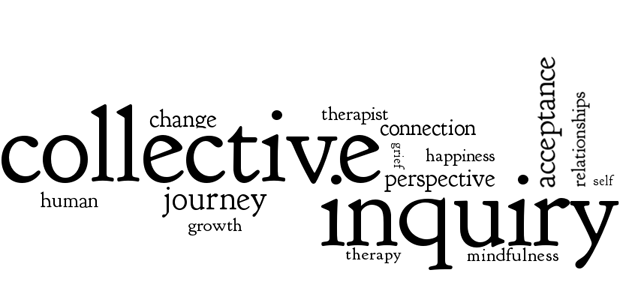

Recently, I have been focusing on the concept of compassion. An essential aspect of compassion is the ability to put yourself in another’s situation. A part of this is empathy, in which you can resonate with someone allowing yourself to feel what that person is feeling. Another part is being able to let go of your own beliefs to understand where that person is coming from.
The majority of us recognize that we all have a variety of experiences and beliefs that shape how we think and behave. Our opinions, though similar in some ways, are often formed from completely different situations. A major problem occurs when we try to explain others’ behaviors based on our own experiences. We impose these beliefs on others in a way that dictates how they should or should not behave, leading to an outbreak of snap judgments and inaccurate statements “not only about individuals but also whole cultures.
Another part that we all recognize is how much we value free speech. Westernized cultures pride themselves on being able to speak as they please. We want to be able to voice our opinions, our beliefs, our every thought as we see fit. And this is often done regardless of the topic. With that said, I also recognize the immense value of free speech. However, this post is not written to challenge the value of free speech.
Instead, I want to suggest that we also have the freedom not to speak. We have the right to say “I’m not sure” or “I don’t know enough yet.” We should be able to say “Tell me more first,” or even “I’m torn on the topic.” These statements prevent us from making assumptions and being judgmental. And in those moments when we do have a judgmental thought, silence is always an option.
“The freedom of speech is precious, of course, but do we always know what we are talking about?” -Karen Armstrong
In order to understand another viewpoint or situation fully, Armstrong explains that we need to strip ourselves temporarily of all our beliefs and experiences. To fully grasp another culture, religion, opposing political topic, we have to “empty” ourselves of our own assumptions and “enter wholeheartedly into the viewpoint of a world that is very different from [our] own.”
In simply attempting this adventure, we will all realize how little we actually know.
For those who want to know more, please see “Twelve Steps to a Compassionate Life” by Karen Armstrong. Also visit The Charter for Compassion to join the movement.
Image by Bokeh Photography
Share your thoughts
No Thoughts About The Freedom Not to Speak